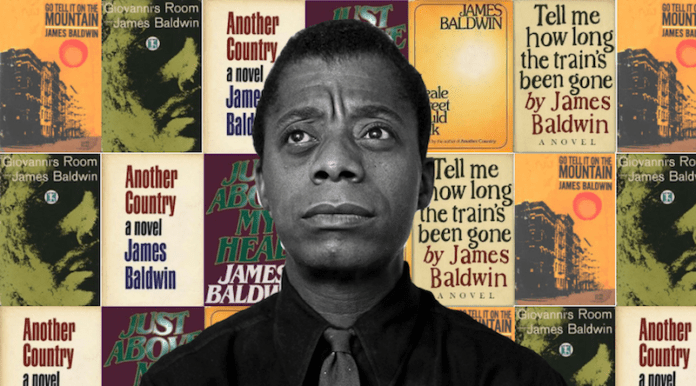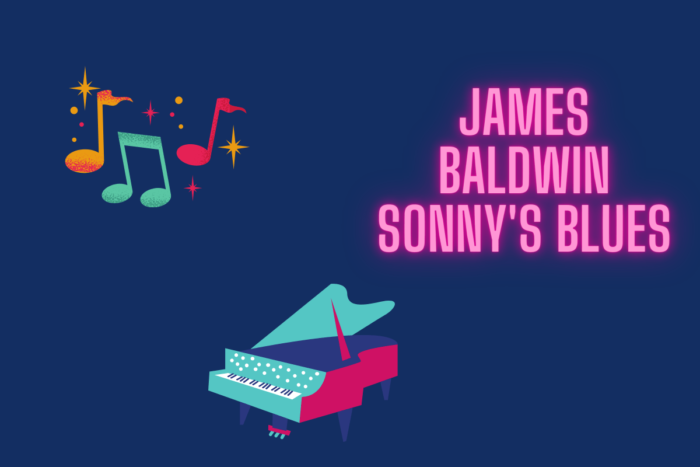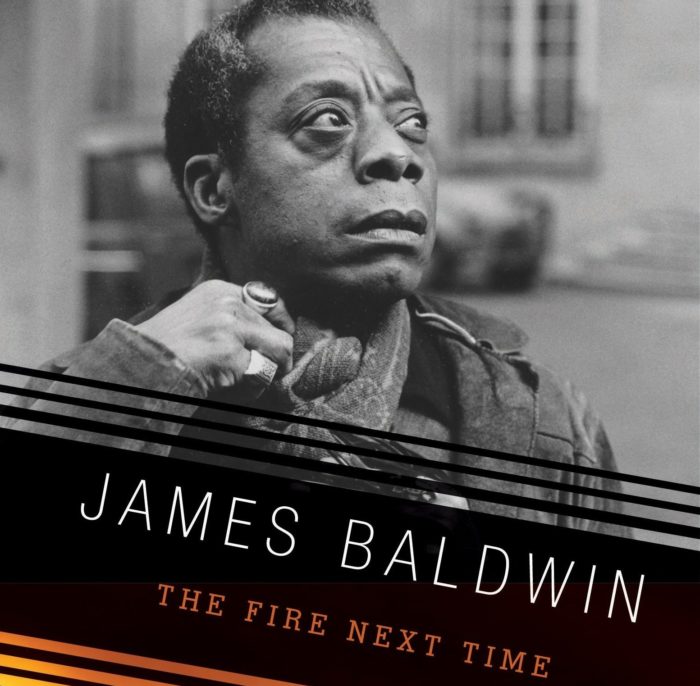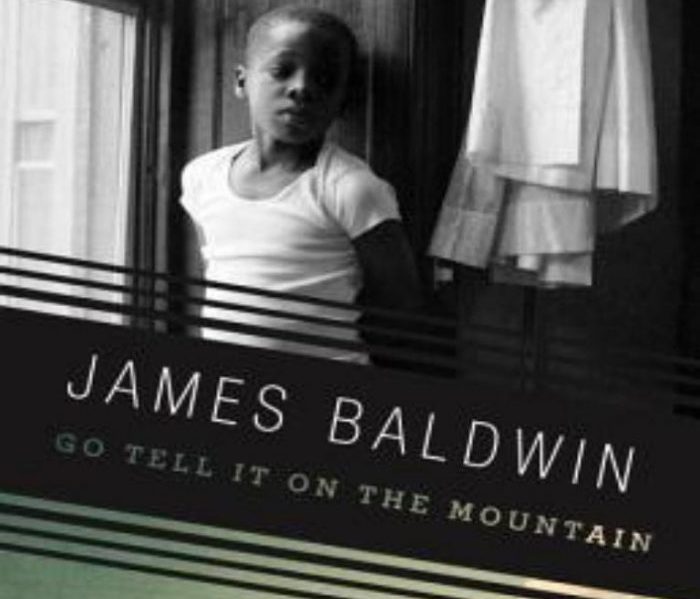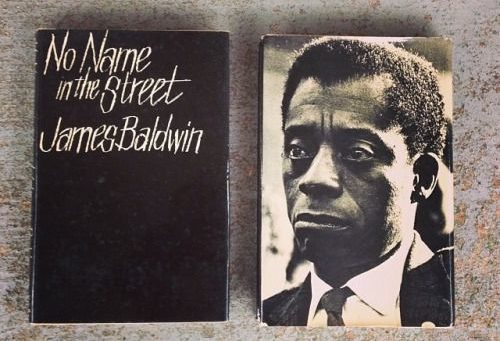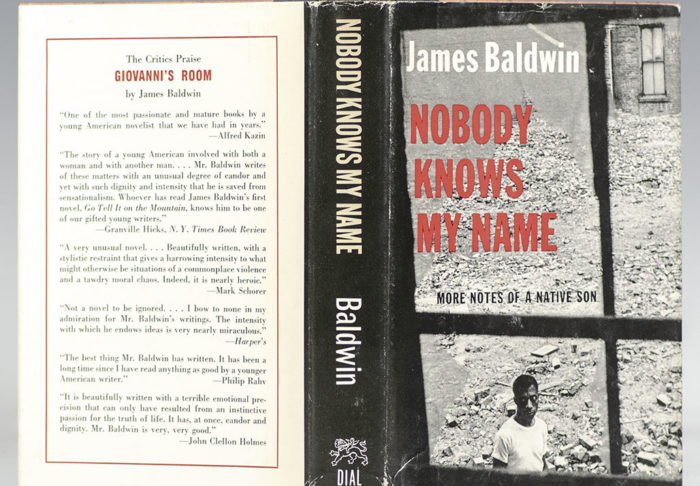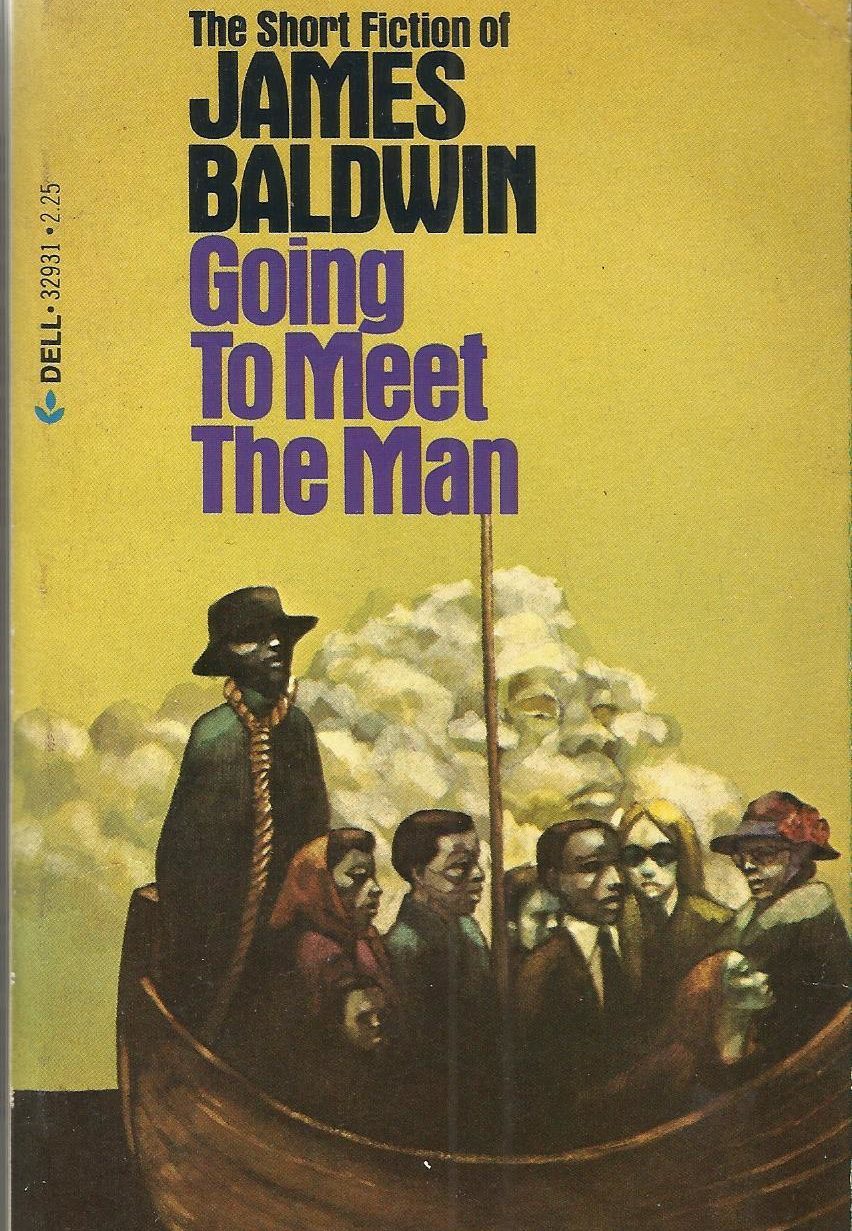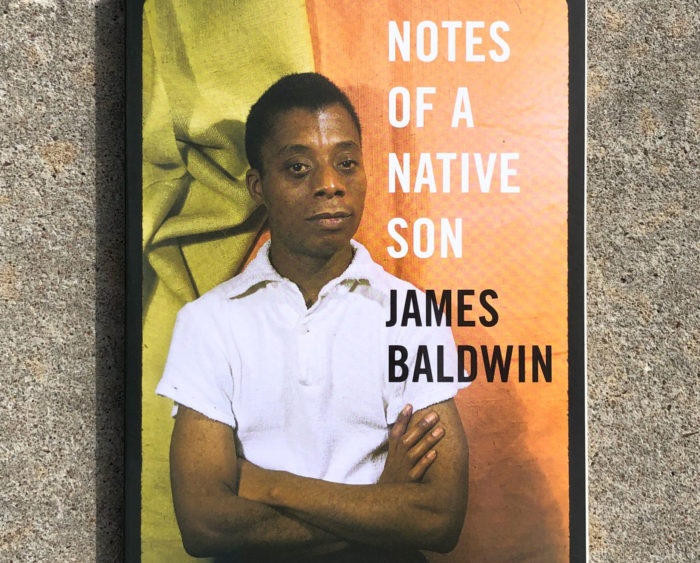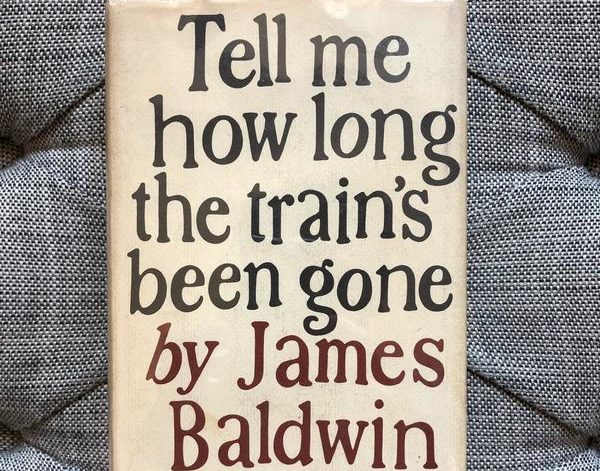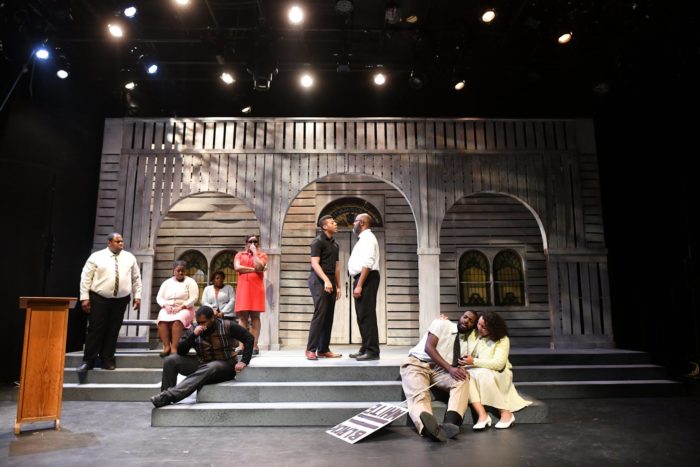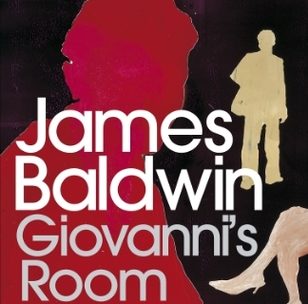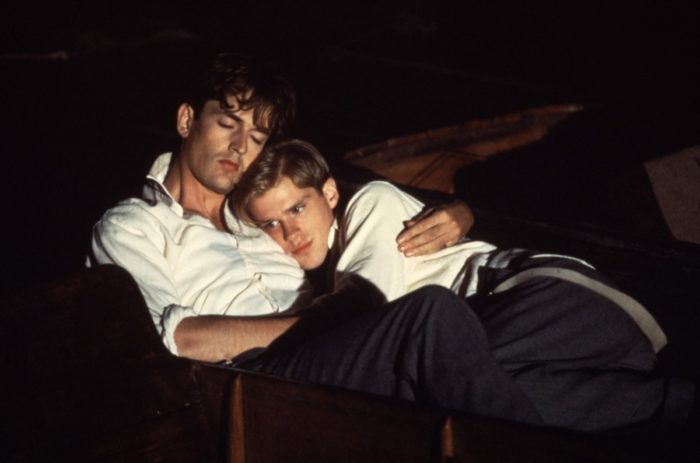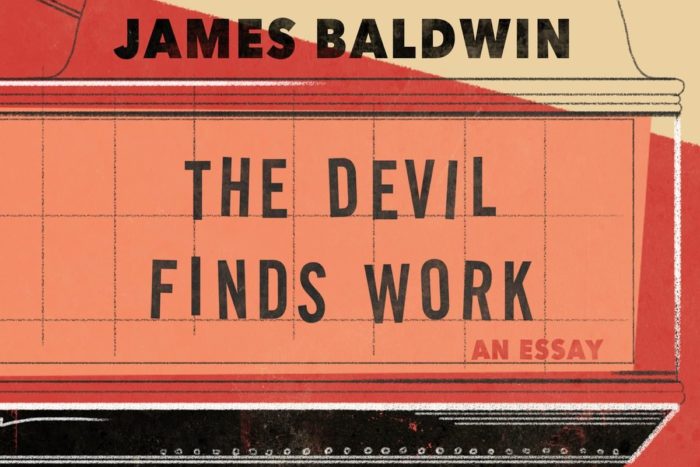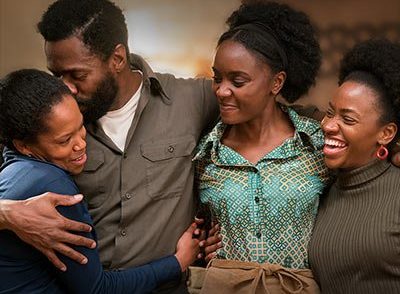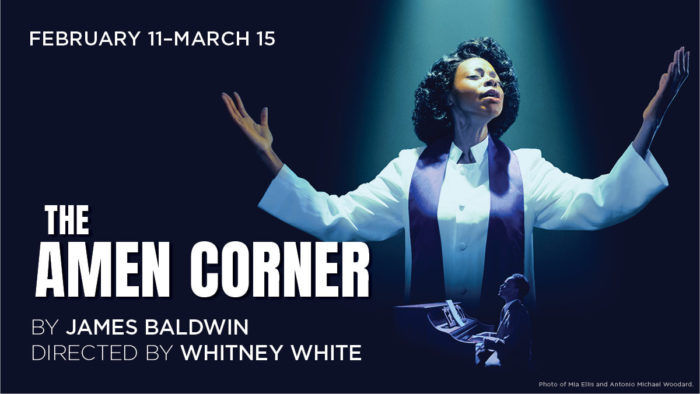The American author was active from 1947 to 1985 but he died in 1987 at the age of 63. During his active days, Baldwin churned out 59 literary works made up of novels, short stories, and plays. Some of his best works are Go Tell It on the Mountain, Giovanni’s Room, Notes of a Native Son, Sonny’s Blues, The Fire Next Time, among several others.
Best Of James Baldwin Books
James Baldwin, born #onthisday in 1924.#ThursdayThoughts — Penguin Books UK (@PenguinUKBooks) August 2, 2018 In no particular order, below are 15 of the best works written by one of the greatest writers of the 20th century.
1. Sonny’s Blues
Author: James Baldwin Publisher: Penguin Books Original Publishing Date: 1957 Genre: Short story, Narrative Awards: NA
Sonny’s Blues chronicles the recollections of a black algebra teacher as he ponders on his brother (Sonny)’s struggles with drugs, arrest, and eventual recovery. The story is written in the first person singular, a narrative with Sonny’s brother as the main character and narrator. Howbeit, the name of the main character did not get a mention but everything is seen through his eyes. After worrying so much about his brother’s fate, even after putting substance abuse behind him, the narrator finally understands, it is only through music that Sonny’s suffering can turn into something to live for. While it was originally published in 1957, this James Baldwin short story resurfaced again in 1965 when it was republished in the short story collection titled Going to Meet the Man.
2. The Fire Next Time
Author: James Baldwin Publisher: Dial Press Original Publishing Date: 1963 Genre: Essay Awards: Was a finalist in the 1964 National Book Awards in the Nonfiction category
This is likely the most popular book by the black renowned author and every fan of the author’s books probably read it first. The Fire Next Time is made up of two essays written at a time when the gap between Whites and Blacks became very wide in the United States. Baldwin targeted the segregation between the two races in this book with the intention of passing a message to the White community about the struggles of the Black man in the country. The first essay in the book is titled “My Dungeon Shook: Letter to my Nephew on the One Hundredth Anniversary of the Emancipation” and as the name suggests, it’s a letter to his nephew. In the essay, Baldwin explains to the 14-year-old how he can convert the anger he feels as a result of racial segregation and turn it into a passion that opens the way for a better experience as an African-American. In the second essay titled Down at the Cross: Letter from a Region of My Mind, Baldwin tackles the essence of Christianity to the Black community. The essay explores Baldwin’s understanding of how Christianity has destroyed the experience of humanity in its real form through repression. He notably went from teen pastor to a non-believer.
3. Go Tell It on the Mountain
Author: James Baldwin Publisher: Alfred A. Knopf Original Publishing Date: May 18, 1953 Genre: Semi-autobiographical novel Awards: 39th on Modern Library’s 100 best English-language novels of the 20th century (1998), TIME 100 Best English-language Novels from 1923 to 2005.
Baldwin wrote Go Tell It on the Mountain as a semi-autobiography that indirectly tells the story of his life in Harlem. The novel’s main character is a teenager – John Grimes, who is struggling with balancing his relationship with his family and the church. The impact of the Pentecostal Church on Black Americans is brought to the fore here, both the negative and positive sides. The spotlight in this novel is on John Grimes and his relationship with significant members of his family, including his mother and his overly religious stepfather, Gabriel Grimes, whom John is determined never to be like him. In a nutshell, Go Tell It On The Mountain is a story about family, religion, and an overview of Black people’s lives within a religious context.
4. No Name in the Street
Author: James Baldwin Publisher: Dial Press Original Publishing Date: 1972 Genre: Essays Awards: NA
Sequel to the racial situation in the country, Baldwin got disillusioned and the hopelessness of the circumstances took a toll on his literary endeavors. This is evident in the works he released in the 1970s, including No Name in the Street. The fourth non-fiction book by Baldwin, No Name in the Street is a reflection of James Baldwin’s outlook on many events that took place around him, like the 1963 March on Washington for Jobs and Freedom, the assassination of Martin Luther King Jr, the Algerian War, and the life of some historical figures such as Bobby Seale, Francisco Franco, and Huey Percy Newton. Painful historic events like the assassination of Martin Luther King Jr. and Malcolm X, who were his friends, rubbed off on Baldwin. Coupled with his childhood in Harlem which was everything but pleasant, Baldwin had seen it all and was getting tired of the violence around him. According to some critics, No Name in the Street marked the beginning of the sharp changes that became inherent in the writer’s works. The anger and despair he felt about the happenings in the turbulent sixties and early seventies are engraved in his sentences in the book.
5. Nobody Knows My Name: More Notes of a Native Son
Author: James Baldwin Publisher: Dial press Original Publishing Date: July 1961 Genre: Essay Awards: Finalist in the National Book Awards in 1962 – Nonfiction category
This literary work is another one of James Baldwin’s depiction of the Black experience in America. Nobody Knows My Name has been described as a brilliant collection of essays by the phenomenal author. It includes a revision of some of his published essays and other written works. The book contains 23 essays by James Baldwin, including “A Fly in Buttermilk”, “The Male Prison”, “Faulkner and Desegregation”, “Princes and Powers”, and “The Discovery of What It Means to Be an American”. As with most of his works, issues relating to racial associations in the United States in the 60s and 70s are discussed in the book. Baldwin’s role in his society also comes into play. Some of the essays made it to the pages of some notable publications like Esquire and The New York Times Magazine.
6. Just Above My Head
Author: James Baldwin Publisher: Dial Press Original Publishing Date: 1979 Genre: Novel/fiction Awards: Finalist, National Book Awards 1980 for Fiction-Hardcover
Baldwin used this to explore the romance between men and other controversial topics that ravaged society at the time. His sixth novel, Just Above My Head is one of the last works the writer published and he wrote it at his residence at Saint-Paul-de-Vence. The book is known for its openly gay characters and portraying the importance of Black American families whose contributions to the nation must not be neglected. The novel follows the story of gospel singer Arthur Hall and his family as they join in making history with the struggles of the Black Americans.
7. Going to Meet the Man
Author: James Baldwin Publisher: Dial Press Original Publishing Date: 1965 Genre: Short story/fiction Awards: NA
Eight short stories make up this collection of fiction by James Baldwin. The book has titles like Sonny’s Blues; This Morning, This Evening, So Soon; The Man Child, focusing on cultural themes as seen in several of his works. From a racist sheriff who feels he can treat black people as he deems fit to a jazz musician struggling to make it in the industry, Going to Meet the Man has a variety of unique characters. The characters uphold the idea of keeping your head above water no matter the situation at hand.
8. Notes of a Native Son
Author: James Baldwin Publisher: Beacon Press: 1955 Original Publishing Date: 1955 Genre: Essays Awards: #19 on 100 best 20th-century nonfiction books as compiled by Modern Library.
Three parts, ten essays, James Baldwin used this collection to tackle the racial issues surrounding Europe and America. The classic is also the first non-fiction essay collection he put together and it’s made up of articles Baldwin wrote in the past, some of which were published on the pages of renowned magazines like The New Leader, Partisan Review, and Harper’s Magazine. The collection of essays is divided into three parts with part one containing just three books – “Everybody’s Protest Novel”, “Many Thousands Gone”, “Carmen Jones: The Dark Is Light Enough”. The second part also has three books – “The Harlem Ghetto”, “Journey to Atlanta”, and “Notes of a Native Son”, while the third part has four books – “Encounter on the Seine: Black Meets Brown”, “A Question of Identity”, “Equal in Paris” and “Stranger in the Village”. The essays recount his experiences as a Black man in a world that has little regard for his kind.
9. Tell Me How Long the Train’s Been Gone
Author: James Baldwin Publisher: Dial Press Original Publishing Date: 1968 Genre: Novel/psychological fiction Awards: NA
This James Baldwin novel is a reflection of the life of an actor Leo Proudhammer who suffered a heart attack while performing on stage. In the narrative, the choices that made him who he is and the events leading up to his days in the limelight are vividly portrayed. Like most of his literary works, James Baldwin explored the issues with sexuality, family, and the Black experience inherent in his society. The fourth novel in his name, the book was panned by some who described it as a polemic instead of a novel. Baldwin also got roasted for using the first-person narrative in the book.
10. Blues for Mister Charlie
Author: James Baldwin Publisher: Dial Press Original Publishing Date: 1964 Genre: play Awards: NA
Debuting on Broadway in 1964, Blues for Mister Charlie is a drama partially based on one of the tragic events that befell Black Americans in the ’50s before the onset of the Civil Rights Movement. The event can be traced to 1955 when a racially motivated incident led to the murder of Emmett Till, a young African-American boy. The play is set in a small Southern town. Blues for Mister Charlie is divided into Act I, Act II, and Act III, and is dedicated to the memory of late Mississippi civil rights activist Medgar Wiley Evers, alongside his family. Beyond tackling racial issues that ravaged society in his time, Baldwin used this play to tackle the issues he believed Christianity caused by finding some kind of justification for enslaving Africans. Worthy of note is the fact that the ‘Mister Charlie’ phrase is African-Americans’ way of saying, white man.
11. Giovanni’s Room
Author: James Baldwin Publisher: Dial Press Original Publishing Date: 1956 Genre: Gay novel Awards: voted best erotic passage by Literary Hub, Finalist, National Book Awards 1957 for Fiction
Giovanni’s Room tells the story of an American man, David, living in Paris as he battles with his feelings for the men in his life and the frustrations he has to live with because of his relationships. He was in a relationship with a woman named Hella before he switched over to a homosexual affair. Giovanni is the name of an Italian bartender whom David met at a gay bar and is at the center of the events in his life. Written long before Just Above My head, Giovanni’s Room is another one of James Baldwin’s novels with openly gay characters. Being his second novel, the explicit homosexual content found on the pages was somewhat new to his readers and this raised some dust. The work also has more white characters against expectations that the writer would give more attention to the African-American experience at the time. The novel tackles the age-long sexual and gender crisis which is still a problem to many.
12. Another Country
Author: James Baldwin Publisher: Dial Press Original Publishing Date: 1962 Genre: Experimental Literature Awards: One of America’s best-loved novels by PBS’s The Great American Read
A landmark masterpiece in American literature, Baldwin used this novel to explore interracial relationships, an affair highly frowned upon at the time. Bisexuality, suicide, and extramarital affairs also form part of the storyline of the book set in New York City’s Greenwich Village and Harlem. Baldwin wrote the book in three different countries – United States (New York), France (Paris), and Turkey (Istanbul) where he finished it. Another Country is the third novel written by the author and it has heterosexual, gay, and bisexual characters as seen in a number of his works. Joseph Conrad, James Joyce, Fyodor Dostoyevsky, and George Bernard Shaw were his literary influences at the time of writing the piece. One of the characters (Yves) seemingly depicts Baldwin’s lover Lucien Happersberger.
13. The Devil Finds Work
Author: James Baldwin Publisher: Dial Press Original Publishing Date: 1976 Genre: Essay, Film criticism Awards: Booker Prize, Edgar Awards
Baldwin wrote this book-length essay as a memoir of the times he spent watching movies while also criticizing the American cinema for playing a politics of race with the careers of its members. One of Joan Crawford’s films, the first movie the writer could remember watching, is the first to be discussed in the book. He also analyzed movies like Guess Who’s Coming to Dinner, The Defiant Ones, and In the Heat of the Night. The book concludes with The Exorcist. The book was published in different languages, including English and it has 144 pages of incisive look at racism in American movies.
14. If Beale Street Could Talk
Author: James Baldwin Publisher: Dial Press Original Publishing Date: 1974 Genre: Novel/Fiction/Romance Awards: The movie adaptation won 52 awards, including Academy Awards, and was nominated for 136 awards overall
Now adapted into a movie, the importance of the black community and their families is the major focus here with the main characters battling to keep their love life going in the face of injustice, false accusations, and jail before trial. Tish (19) and Fonny (22)’s love life as a young couple who pledged to get married was put to test when Fonny was falsely accused of rape. His fifth novel and 13th book, If Beale Street Could Talk was adapted into an Academy Award-winning film of the same title. Barry Jenkins directed and produced the movie which was theatrically released in 2018.
15. The Amen Corner
Author: James Baldwin Publisher: Dial Press Original Publishing Date: 1954 Genre: Play Awards: Beah Richards was nominated in the Best Performance by a Leading Actress in a Play category of the 1965 Tony Awards for her performance as Sister Margaret Alexander
One of the two works Baldwin did for the stage, The Amen Corner confronts the phenomenon of storefront Pentecostal religion. The three-act play draws inspiration from his days as a preacher boy before he decided that religion was not for him. This is a play that addresses faith and how the church affects an African-American family with an emphasis on poverty caused by racial prejudice against the black community. A year after Baldwin published The Amen Corner, the play was produced at Howard University, followed by another production at Broadway in the mid-1960s.
A Complete List Of James Baldwin Books
Novels
Another Country Giovanni’s Room Go Tell It on the Mountain If Beale Street Could Talk Just Above My Head Tell Me How Long the Train’s Been Gone
Essays
A Talk to Teachers Nobody Knows My Name: More Notes of a Native Son No Name in the Street Notes of a Native Son The Cross of Redemption: Uncollected Writings The Devil Finds Work The Evidence of Things Not Found The Price of the Ticket
Short Stories
Come Out the Wilderness Going to Meet the Man Previous Condition Sonny’s Blues This Morning, This Evening, So Soon The Man Child The Outing The Rockpile
Plays
Blues for Mister Charlie The Amen Corner Audio A Lover’s Question (album). Les Disques Du Crépuscule – TWI 928–2.
Poems
Jimmy’s Blues and Other Poems
Collaborative Works
Nothing Personal, with Richard Avedon (photography) A Rap on Race, with Margaret Mead A Passenger from the West, narrative with Baldwin conversations, by Nabile Farès; appended with a long-lost interview. One Day When I Was Lost (Orig.: A. Haley) A Dialogue, with Nikki Giovanni Little Man Little Man: A Story of Childhood, with Yoran Cazac Native Sons, with Sol Stein
Posthumous Collections
Early Novels & Stories: Go Tell It on the Mountain, Giovanni’s Room, Another Country, Going to Meet the Man, edited by Toni Morrison Collected Essays: Notes of a Native Son, Nobody Knows My Name, The Fire Next Time, No Name in the Street, The Devil Finds Work, Other Essays, edited by Toni Morrison Jimmy’s Blues and Other Poems Later Novels: Tell Me How Long the Train’s Been Gone, If Beale Street Could Talk, Just Above My Head, edited by Darryl Pinckney Baldwin for Our Times: Writings from James Baldwin for an Age of Sorrow and Struggle, with notes and introduction by Rich Blint


